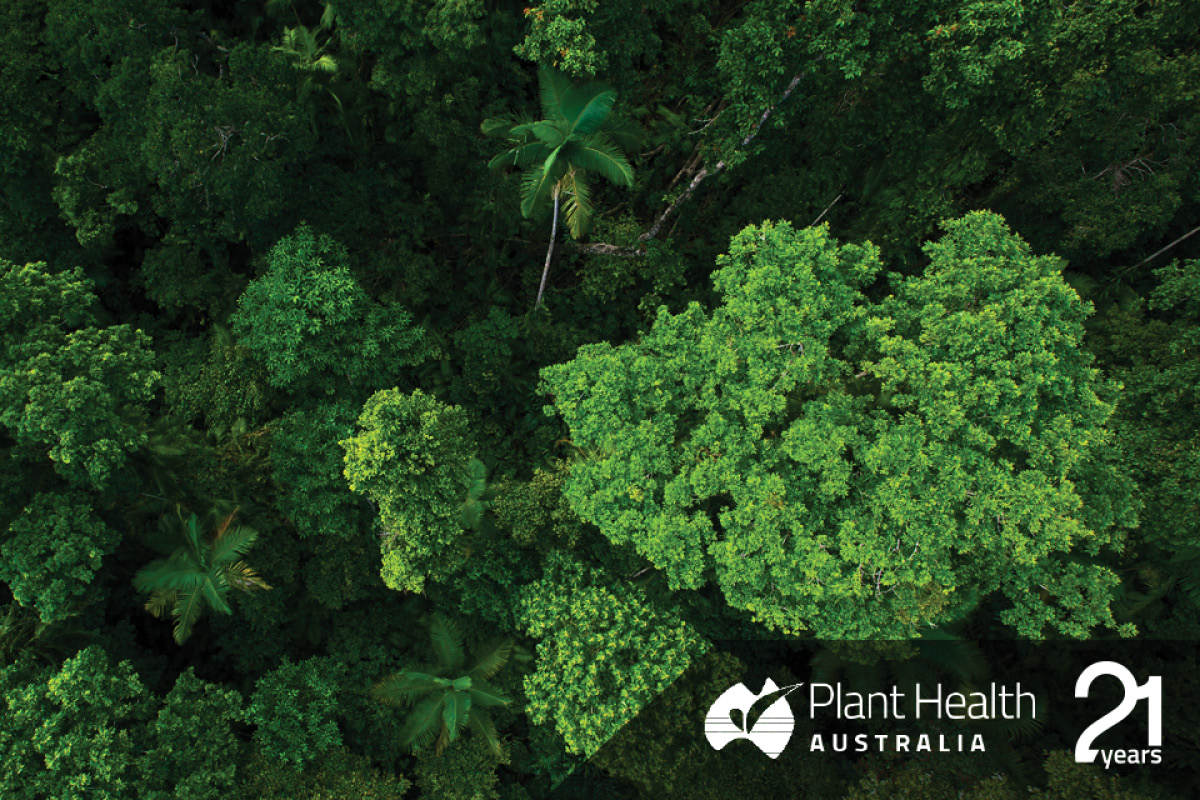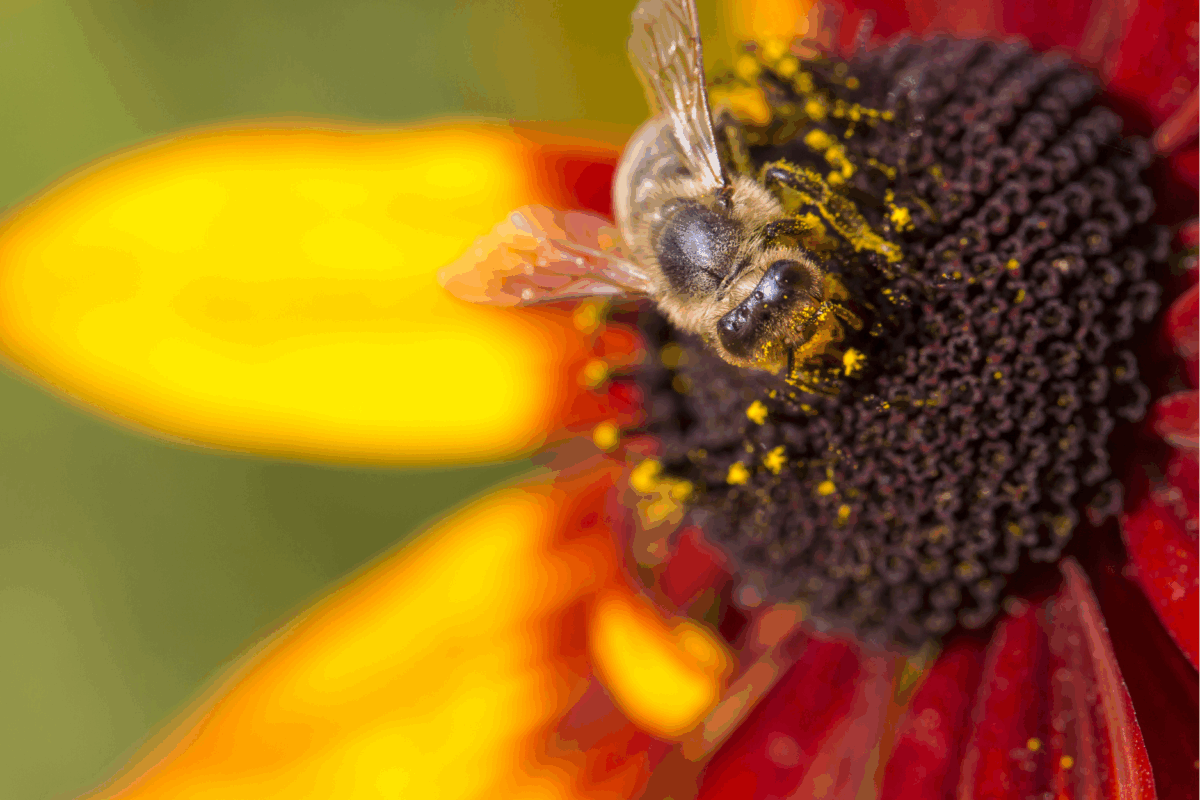Safeguarding Indigenous-led forestry
Plant Health Australia (PHA) is leading a consortium of Indigenous forestry enterprises and experts, and plant biosecurity researchers to boost biosecurity awareness and improve biosecurity practices to protect community-managed forestry businesses from exotic pests and diseases.
According to a 2020 report published by the Cooperative Research Centre for Developing Northern Australia, the northern Australian forestry industry has an annual production value of over $80 million, accounts for over 48% of Australia’s total forests and currently directly supports around 1,200 jobs. Of the 35 million hectares of forest in northern Australia, Indigenous communities own and manage around 46 million hectares, but lack specific biosecurity goals needed to protect their forests from existing and emerging biosecurity threats.
As the national co-ordinator of the government-industry partnership for plant biosecurity in Australia, PHA has a long history of bringing stakeholders together to strengthen the National Plant Biosecurity System. This collaboration will build on existing partnerships and foster new relationships with land-owners and managers.
“PHA is excited to work with Indigenous-owned forestry businesses in the north to grow their biosecurity knowledge and embed good biosecurity practices to support a sustainable forestry industry. This project brings together forest biosecurity specialists and forest owners to develop a practical understanding of the biosecurity risks these businesses face,” says PHA CEO, Sarah Corcoran.
Project partners include Indigenous-led forestry businesses, Gumatj Corporation, Wik Timbers and Tiwi Plantations, the University of the Sunshine Coast’s Tropical Forests and People Research Centre, the Northern Territory Government’s Department of Industry, Tourism and Trade, Queensland’s Department of Agriculture and Fisheries and the Northern Australian Quarantine Strategy.
Funded under the Australian Government’s Biosecurity Business Grant, the project operationalises the objectives of the Northern Australia Biosecurity Strategy 2030 by enhancing coordination of biosecurity activities, implementing proactive surveillance and prevention activities and investing in system-wide capability for the benefit of northern Australia. The project will establish a baseline pest and disease risk assessment, initiate surveillance, diagnostics and preparedness training, evaluate current biosecurity systems, update and establish best practice biosecurity methods and deliver a biosecurity risk mitigation plan, encompassing a wet and dry season for each location.
“I am very pleased to build on long-held relationships with these forestry ventures, and their trusted research partners,” says Dr Mila Bristow, PHA’s National Manager Performance and Innovation, and tropical forestry research adjunct at the University of the Sunshine Coast. “In time, this sort of partnership will support Indigenous forestry workers to train their staff and embed biosecurity best practice as business as usual.”






